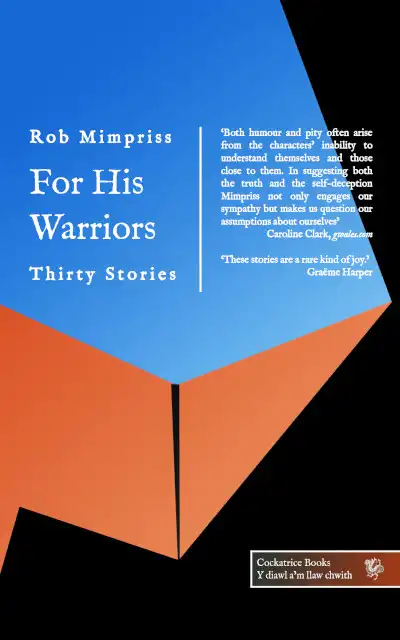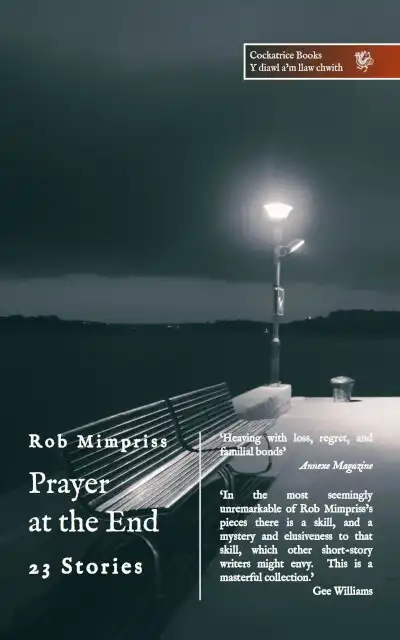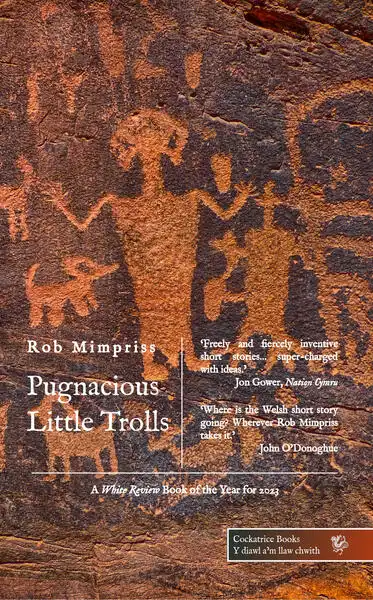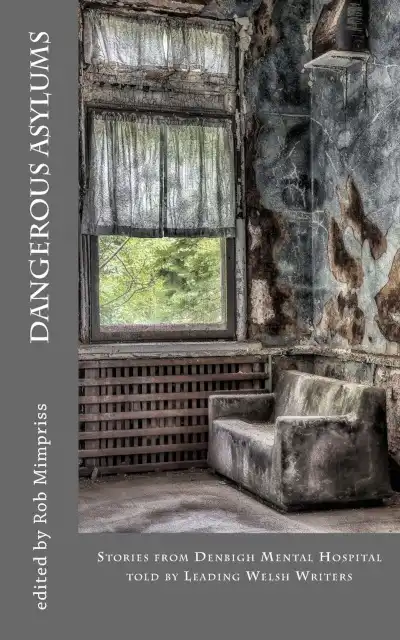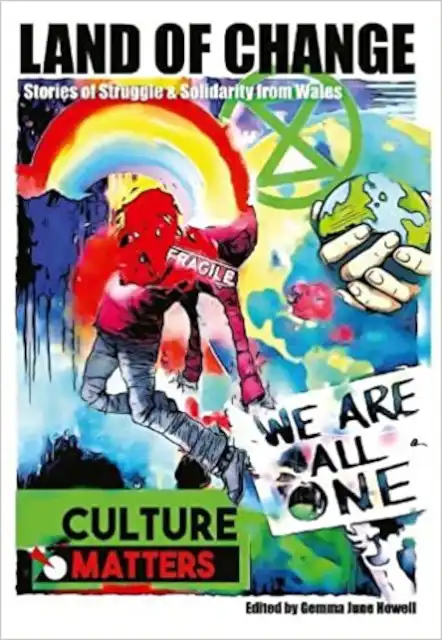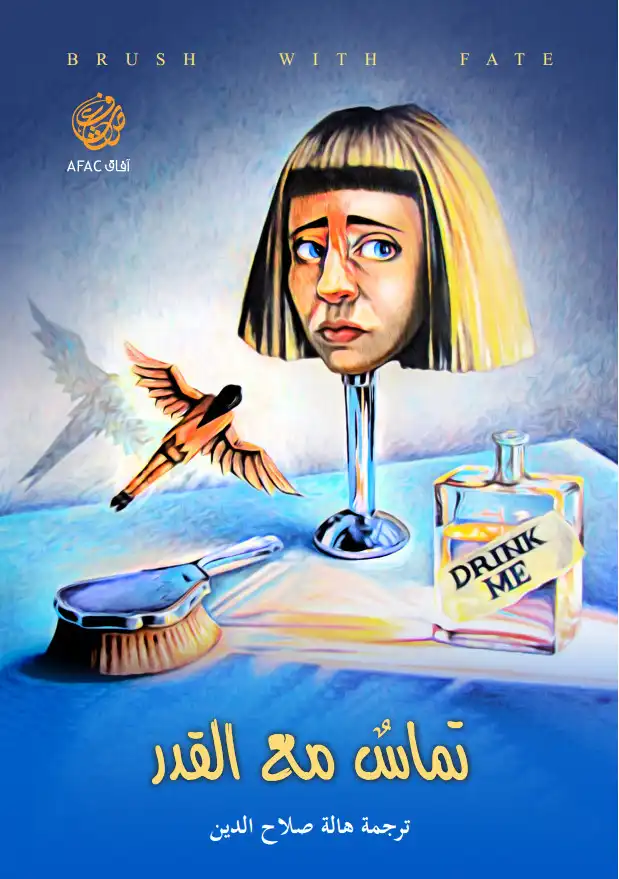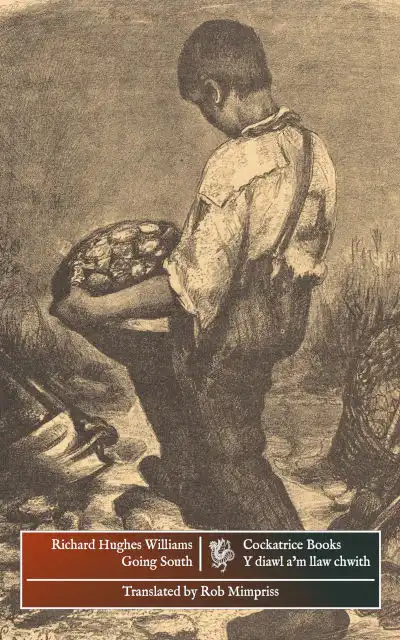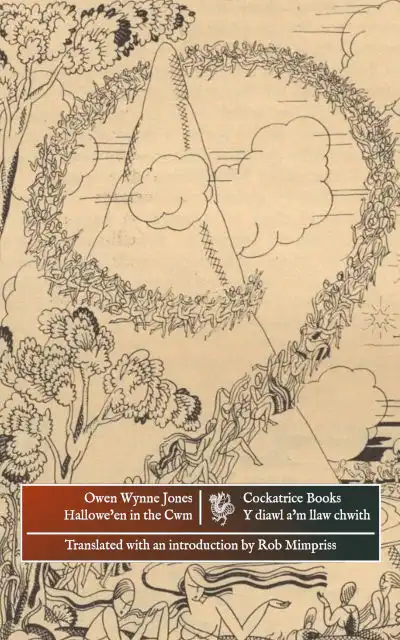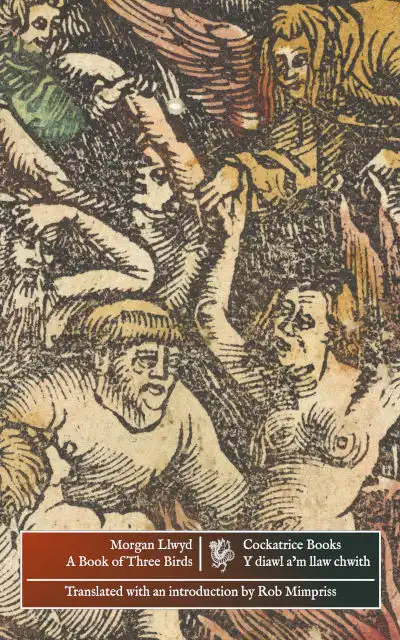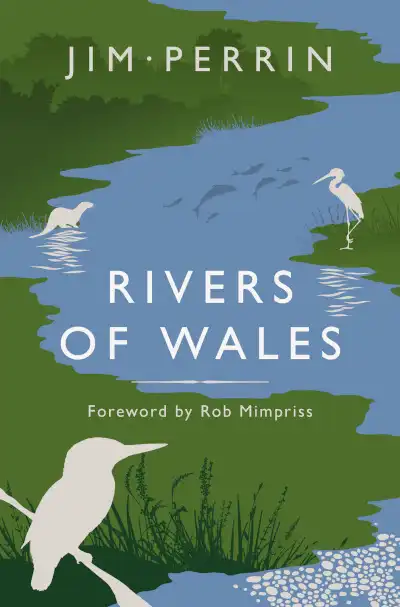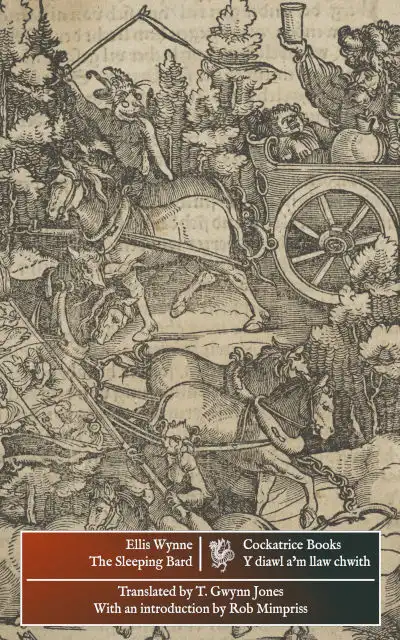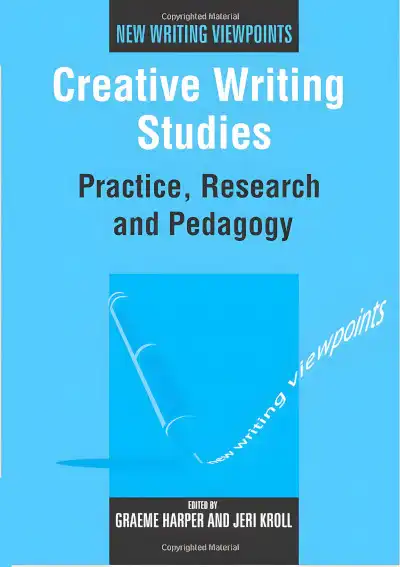The recent media spat following Zoë Williams’s unhelpful quip about the Welsh language as ‘existentially pointless’ in an article for The Guardian on 1st February 2020 offers two conclusions, not entirely negative. First, the joke was not especially racist or hurtful, compared with, for example, Jonathan Jennings’s demand on Twitter for genocide against the Welsh; or A. A. Gill’s description of us as ‘immoral, stunted, bigoted, dark, ugly, pugnacious little trolls’ on the pages of The Sunday Times, or The Guardian’s relatively recent claim that teaching children through the medium of Welsh is tantamount to abuse, or the Sunday Times’s brilliant notion of polling English readers on whether the Welsh language should be taught in Welsh schools, or those numerous incidents since the Brexit vote of Welsh-speakers suffering discrimination or abuse at work or in public places. Rather, the joke arose from the same arrogant, lazy journalism as apocryphally required one Welsh statesman to explain to a BBC researcher – no doubt in words of one syllable, and containing vowels – that Plaid Cymru, Cymdeithas yr Iaith and the Urdd yr Eisteddfod are not the same organisation. Second, alerted no doubt by the ensuing furore, and perhaps by some dim flicker of sentience which warned them that jokes belittling the people of Wales are not consistently hilarious, The Guardian allowed the Welsh language some right of reply – not by the poet and seasoned language campaigner, Menna Elfyn, or by the novelist, Angharad Price, whose first novel was published in English translation by Quercus, or by Cerys Matthews or Michael Sheen, who have campaigned on language issues, or by the language campaigner, Eirys Llywelyn, whose protest against England’s control of Welsh broadcasting keeps her in the courts and her case in the news, or by Osian Rhys, the current leader of Cymdeithas yr Iaith, or by Aled Roberts, the current Welsh-Language Commissioner, or even by the former leader of Plaid Cymru, Leanne Wood, who has expressed the anger she feels at having to learn as an adult the language that should have been hers from birth – but in a piece about the rewards of learning less-spoken languages, written by Adrian Chiles.
In Wales, the discussion took a different course. Nation.Cymru pointed to English culture’s long history of racism against Welsh language and culture, while the novelist, Manon Steffan Ros, sharply questioned both the point of the joke and the ‘pointlessness’ of speaking in her native language to her children in theirs. But in the two nations, discussion of the national language of one of them, conducted in the national language of the other, was based on contrasting sets of assumptions. First, in England, Welsh was something to be learnt, or not, by affluent professionals in their leisure hours, an alternative to dieting or exercise or evening classes in the important languages, while in Wales, it was treated as the bond between family members, the repository of two thousand years of poetry and thought, something precious and intrinsic to our national life. Second, in Wales, the assumption was that we have a right to be heard at least as often as we are talked about, while in England we remained outside the discussion, a problem to be debated by English pundits and columnists only.

